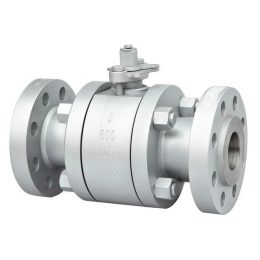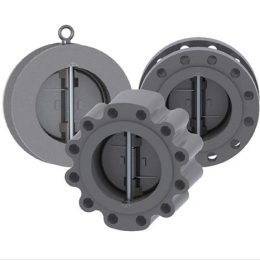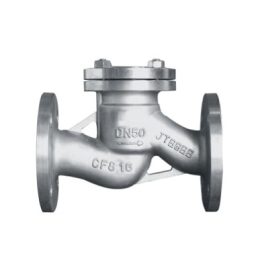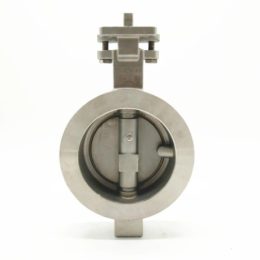Working Principle of Stop Back Valve
The stop back valve is an important component in hydraulic systems. It is a type of valve that is used to prevent the reverse flow of fluid in a hydraulic system. The stop back valve can be used to prevent the backflow of fluid in a hydraulic system and protect the components from damage.
There are three main ways in which a stop back valve can work:
Conventional Operation
The conventional operation of a stop back valve involves opening the valve to start the motor that drives the oil pump to rotate. The hydraulic oil flows through the filter, the oil pump, the one-way valve, and the manual interception valve, and is stored in the tank until the rated pressure is reached.
After the rated pressure is reached, the valve is closed, and the power supply of the solenoid valve is cut off. The pressure oil in the energy storage tank enters the front of the oil cylinder and promotes the piston rod to return. The speed valve flows back to the fuel tank, and the valve is implemented according to the pre-adjusted control program.
During the opening or closing of the butterfly valve, the oil return of the oil cylinder is cut off, and the butterfly board stops at any position.
Electric Oil Pump Operation
In this type of operation, the electric oil pump directly supplies the pressure oil to turn off the butterfly valve. The pressure oil in the energy storage tank is cut off, and the manual formation valve J1, J2 is closed. The pressure oil of the motor and oil pump is then started to enter the back end or front of the oil cylinder to achieve the opening and closing of the butterfly valve.
Butterfly Valve and Pump Chain Protection
The butterfly valve and pump chain protection is an important aspect of the stop back valve. When the electromagnetic switching valve fails or malfunctions, the locking device sends out a trip signal to stop the operation of the pump. This ensures that the pump and other components in the hydraulic system are protected from damage.
In conclusion, the stop back valve is an important component in hydraulic systems that prevents the reverse flow of fluid. Its operation can be conventional or electric, and it has a mechanism for protecting the butterfly valve and pump chain.



